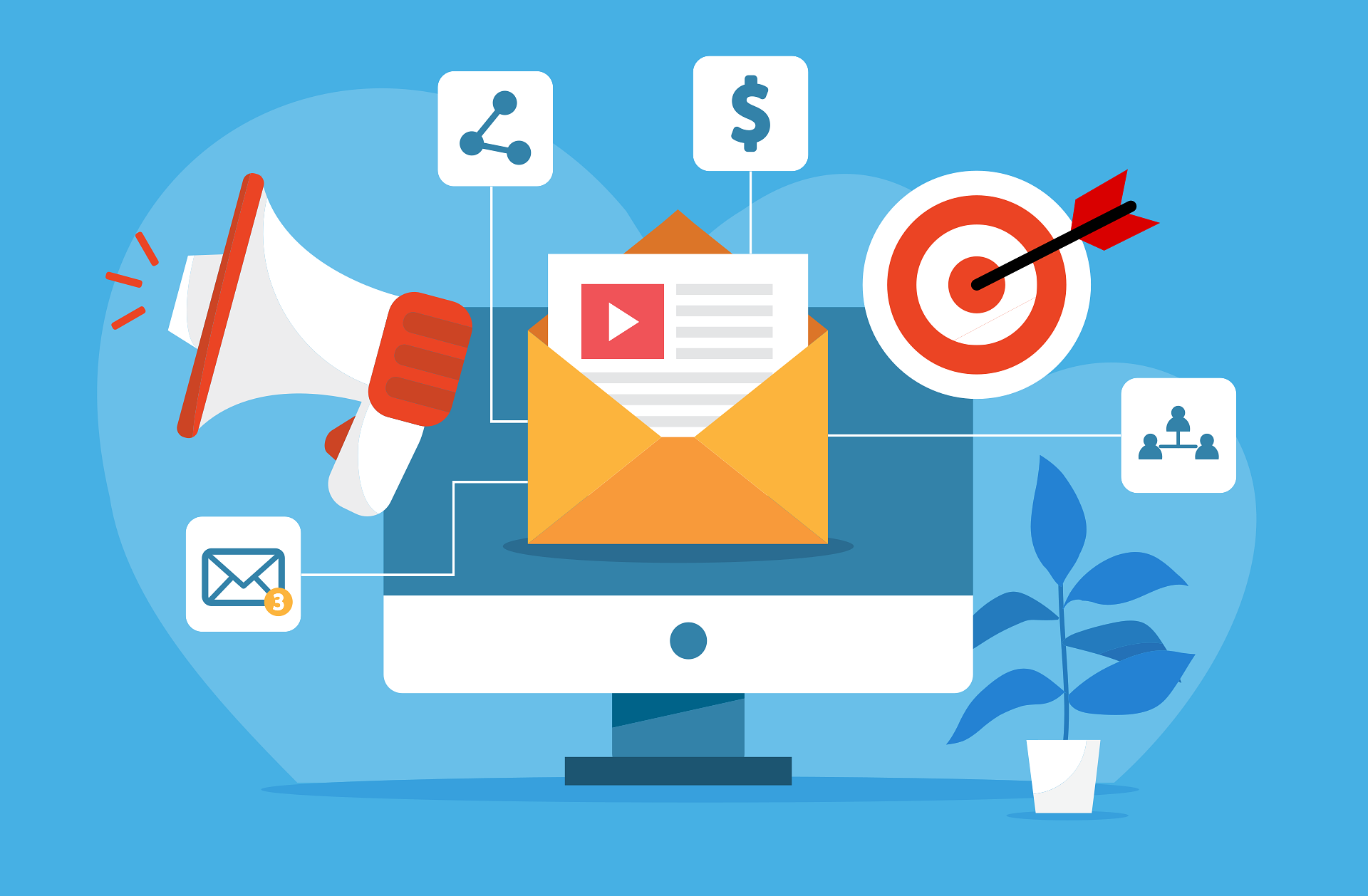Introduction
As we approach 2025, the integration of Artificial Intelligence (AI) in digital marketing is no longer a futuristic concept but a present-day reality. AI is revolutionizing the way businesses interact with their customers, optimize their campaigns, and measure their success. This comprehensive guide will explore the various facets of AI in digital marketing, its current applications, and what the future holds.
The Evolution of AI in Digital Marketing
Early Beginnings
AI’s journey in digital marketing began with simple automation tools that could schedule social media posts or send out email campaigns. These early applications were rudimentary but laid the groundwork for more sophisticated AI-driven solutions.
The Rise of Machine Learning
Machine Learning (ML), a subset of AI, has been a game-changer. ML algorithms can analyze vast amounts of data to identify patterns and make predictions. This capability has enabled marketers to personalize content, optimize ad placements, and improve customer segmentation.
Current State
Today, AI is embedded in various digital marketing tools and platforms. From chatbots and virtual assistants to predictive analytics and programmatic advertising, AI is enhancing efficiency and effectiveness across the board.
Key Applications of AI in Digital Marketing
1. Personalization
AI enables hyper-personalization by analyzing user behavior, preferences, and past interactions. This allows marketers to deliver tailored content, product recommendations, and targeted ads, significantly improving customer engagement and conversion rates.
2. Chatbots and Virtual Assistants
AI-powered chatbots and virtual assistants provide instant customer support, answer queries, and guide users through the sales funnel. They are available 24/7, ensuring a seamless customer experience.
3. Predictive Analytics
Predictive analytics uses AI to forecast future trends based on historical data. Marketers can use these insights to make informed decisions about campaign strategies, budget allocation, and product development.
4. Programmatic Advertising
Programmatic advertising automates the buying and placement of ads using AI algorithms. This ensures that ads are shown to the right audience at the right time, maximizing ROI and reducing wasted ad spend.
5. Content Generation
AI tools like natural language processing (NLP) can generate content, from blog posts to social media updates. While human creativity is still essential, AI can assist in drafting content, optimizing it for SEO, and even suggesting topics based on trending data.
6. Customer Segmentation
AI can analyze customer data to create detailed segments based on demographics, behavior, and preferences. This allows for more targeted and effective marketing campaigns.
7. Voice Search Optimization
With the rise of voice-activated assistants like Alexa and Siri, optimizing for voice search has become crucial. AI helps in understanding natural language queries and optimizing content to match these search patterns.
8. Sentiment Analysis
AI can analyze social media posts, reviews, and comments to gauge public sentiment about a brand or product. This real-time feedback allows marketers to adjust their strategies promptly.
Benefits of AI in Digital Marketing
Enhanced Efficiency
AI automates repetitive tasks, freeing up marketers to focus on strategy and creativity. This leads to increased productivity and faster campaign execution.
Improved Customer Experience
Personalized interactions and instant support enhance the overall customer experience, leading to higher satisfaction and loyalty.
Data-Driven Decisions
AI provides actionable insights based on data analysis, enabling marketers to make informed decisions and optimize their campaigns for better results.
Cost Savings
By automating processes and optimizing ad spend, AI helps reduce costs and improve ROI.
Challenges and Considerations
Data Privacy
With great power comes great responsibility. The use of AI in digital marketing raises concerns about data privacy and security. Marketers must ensure compliance with regulations like GDPR and CCPA.
Ethical Considerations
AI algorithms can sometimes perpetuate biases present in the data they are trained on. It’s crucial to monitor and address these biases to ensure fair and ethical marketing practices.
Skill Gap
The rapid adoption of AI requires marketers to upskill and stay updated with the latest technologies. Organizations must invest in training and development to bridge this skill gap.
The Future of AI in Digital Marketing (2025 and Beyond)
Advanced Personalization
By 2025, AI will enable even more advanced personalization, with real-time customization of content and offers based on user behavior and context.
AI-Driven Creativity
AI tools will increasingly assist in creative processes, from designing visuals to composing music for ads, enhancing the creative capabilities of marketing teams.
Integration with IoT
The integration of AI with the Internet of Things (IoT) will provide new opportunities for data collection and customer engagement, particularly in sectors like retail and healthcare.
Enhanced Customer Journey Mapping
AI will offer more sophisticated customer journey mapping, providing deeper insights into customer behavior and enabling more effective touchpoints.
Ethical AI
As AI becomes more prevalent, there will be a stronger focus on developing ethical AI practices, ensuring transparency, fairness, and accountability in digital marketing.
Conclusion
AI is transforming digital marketing, offering unprecedented opportunities for personalization, efficiency, and data-driven decision-making. As we look towards 2025, the integration of AI will only deepen, bringing new challenges and opportunities. Marketers who embrace AI and adapt to its evolving landscape will be well-positioned to thrive in the digital age.
By staying informed and proactive, businesses can harness the power of AI to create more meaningful connections with their customers, drive innovation, and achieve sustainable growth. The future of digital marketing is here, and it is powered by AI.

